-
Why Consistensy Matters in Plastic Chrome Plating?
Why Consistency Matters so much? Consistency is the backbone of successful chrome plating on plastic processes. It ensures: Aesthetic uniformity: Maintaining a flawless, durable chrome finish on plastic that meets international standards. Performance reliabili...Read more -

Top 10 plastic chrome plating companies in China
Plastic chrome plating provides a shiny, durable, and corrosion-resistant finish to plastic parts, making it a popular choice across various industries such as electronics, automotive, home appliance. If you're looking for reliable companies in this field, here's a list...Read more -

What is black chrome plating
Abstract: Black chromium plating has been commercially available for over 50 years. The original black chromium plating is described in Mil Std 14538 which deposits black chromium from a hexavalent chromium electrolyte. Over the past ten years, there has been commercial ...Read more -
What is the Bright Nickel Electroplating
It is a type of nickel plating that is popular and widely used for decorative applications as well as engineering applications. From home appliance accessories & bathroom taps to hand tools or bolts, bright nickel coating has great resistance to corrosion and can be ...Read more -
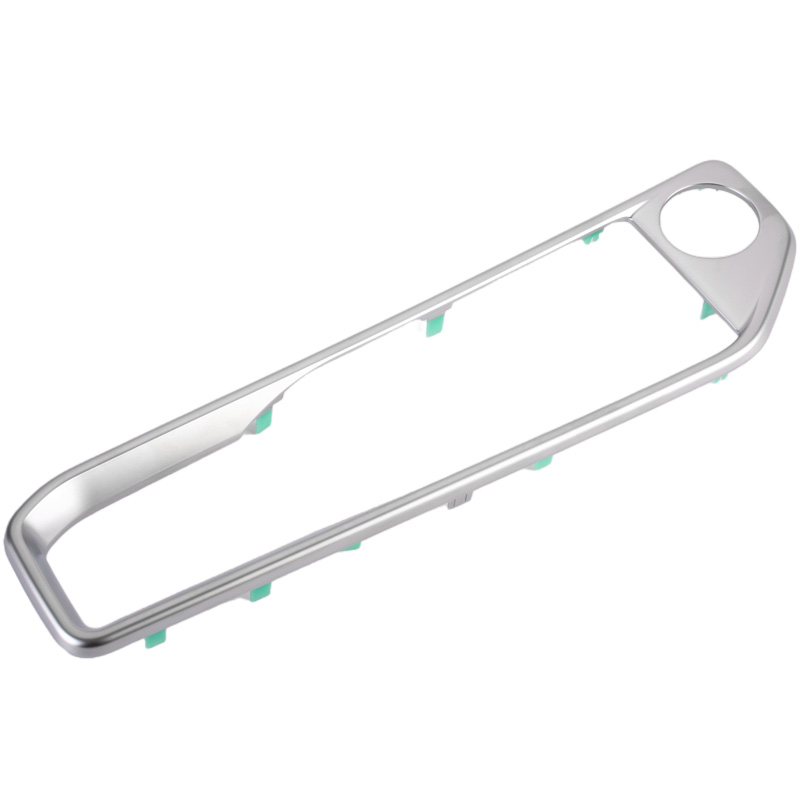
What is the difference between Satin chrome and Satin nickel
Satin Chrome plating is an alternative finish to bright chrome and is a popular effect for many platic items, parts and components. We can offer different types of satin nickel which have a profound visual effect on the finish. A very dark matt, semi matt, semi bright. T...Read more -
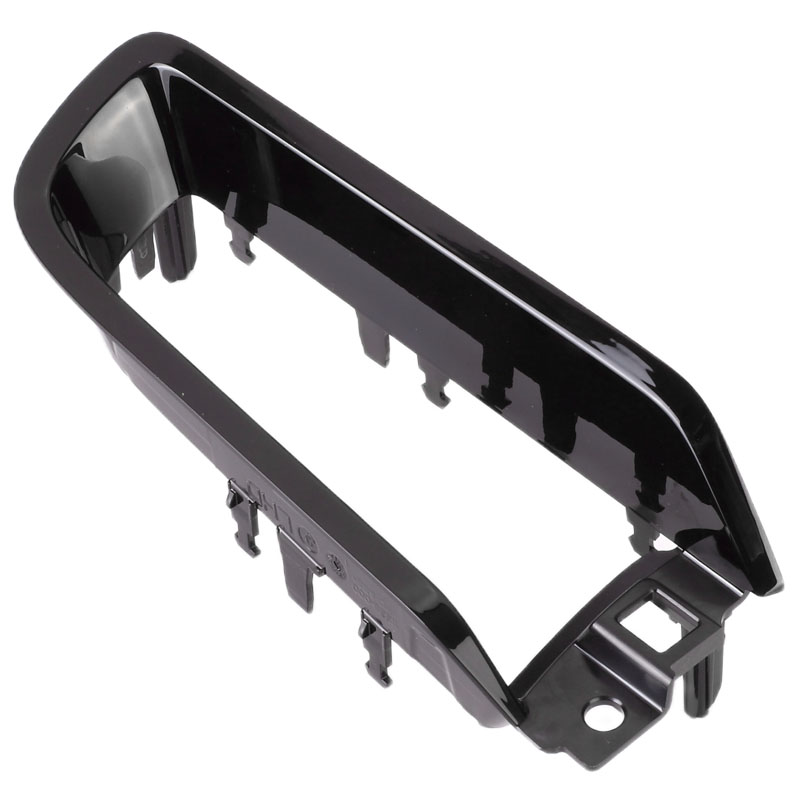
How to Paint Over Chrome Plastic
The best way to approach the process of painting chrome is thorough and methodical. When preparing your surface, you do not want to be creating an uneven surface as this will compromise the integrity and durability of your project in the long run. It is best to do the jo...Read more -

Brushed Chrome vs Polished Chrome
Chrome plating, more commonly referred to as chrome, is a process in which a thin layer of chromium is electroplated on to a plastic or metal object, forming a decorative and corrosive resistant finish. The plating process used to create both polished and brushed chrome ...Read more -
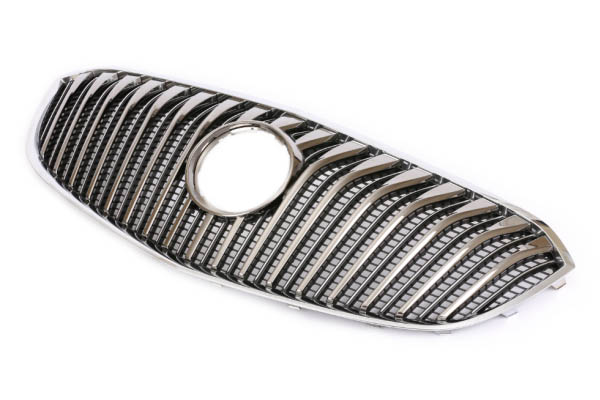
Advantages and Disadvantages of Trivalent Chromium Plating
First off, what is the Trivalent? It is a decorative chrome plating, which can provide scratch and corrosion resistance in various color options. Trivalent chrome is considered the eco-friendly alternative to hexavalent chromium. Next, Let’s take a closer look at this pr...Read more -
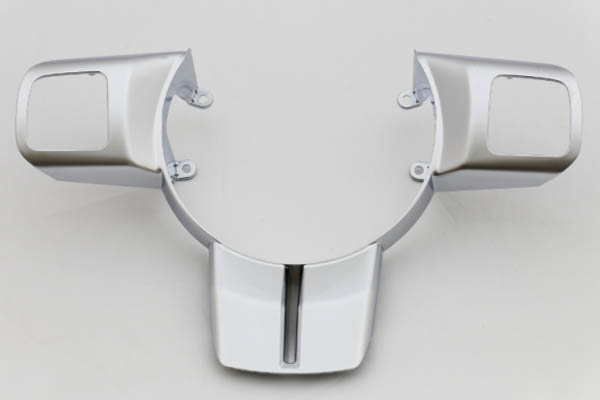
What is the difference between trivalent chrome and hexavalent chrome?
Here are the differences that we summarize between Trivalent and hexavalent chromes. Difference Between Trivalent and Hexavalent Chromium Hexavalent chromium plating is the traditional method of chromium plating (most commonly known as chrome plating) and can be used for...Read more -
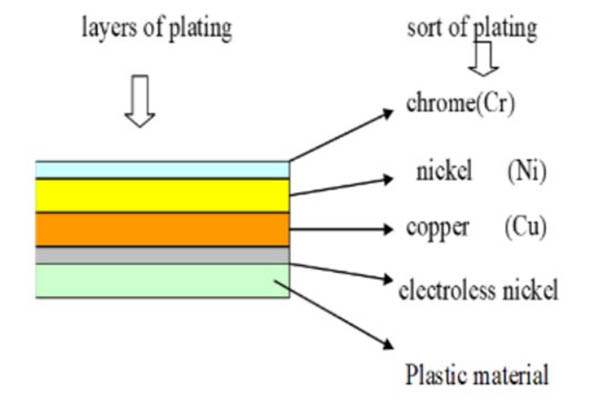
Common Plating Defects and Control Methods
Here are seven staple types of bad defects in plastic electroplating parts: Pitting Pores SKip Plating ...Read more -
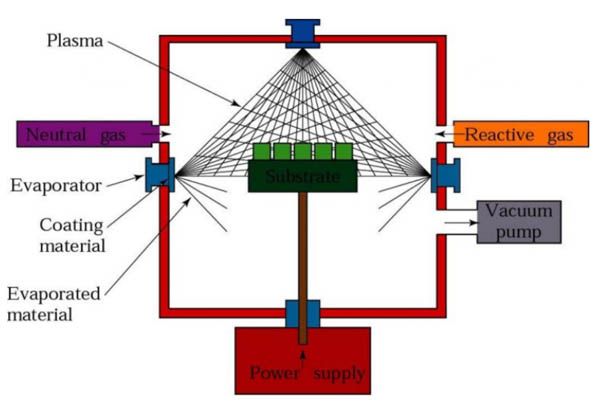
What Is the PVD
The physical vapor deposition (PVD) process is a group of thin film processes in which a material is converted into its vapor phase in a vacuum chamber and condensed onto a substrate surface as a weak layer. PVD can be used to apply a wide variety of coating materials su...Read more -
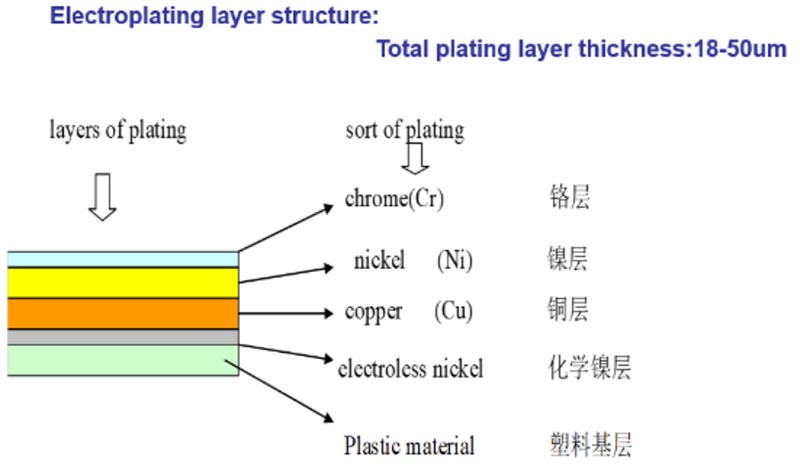
What Is the Electroplating?
Electroplating is a process of depositing a thin layer of metal onto a surface of plastic or metal through electrolysis. It is commonly used for decorative or protective purposes, like anti-corrosion, wearability improvement, and aesthetics enhancement. The development h...Read more











